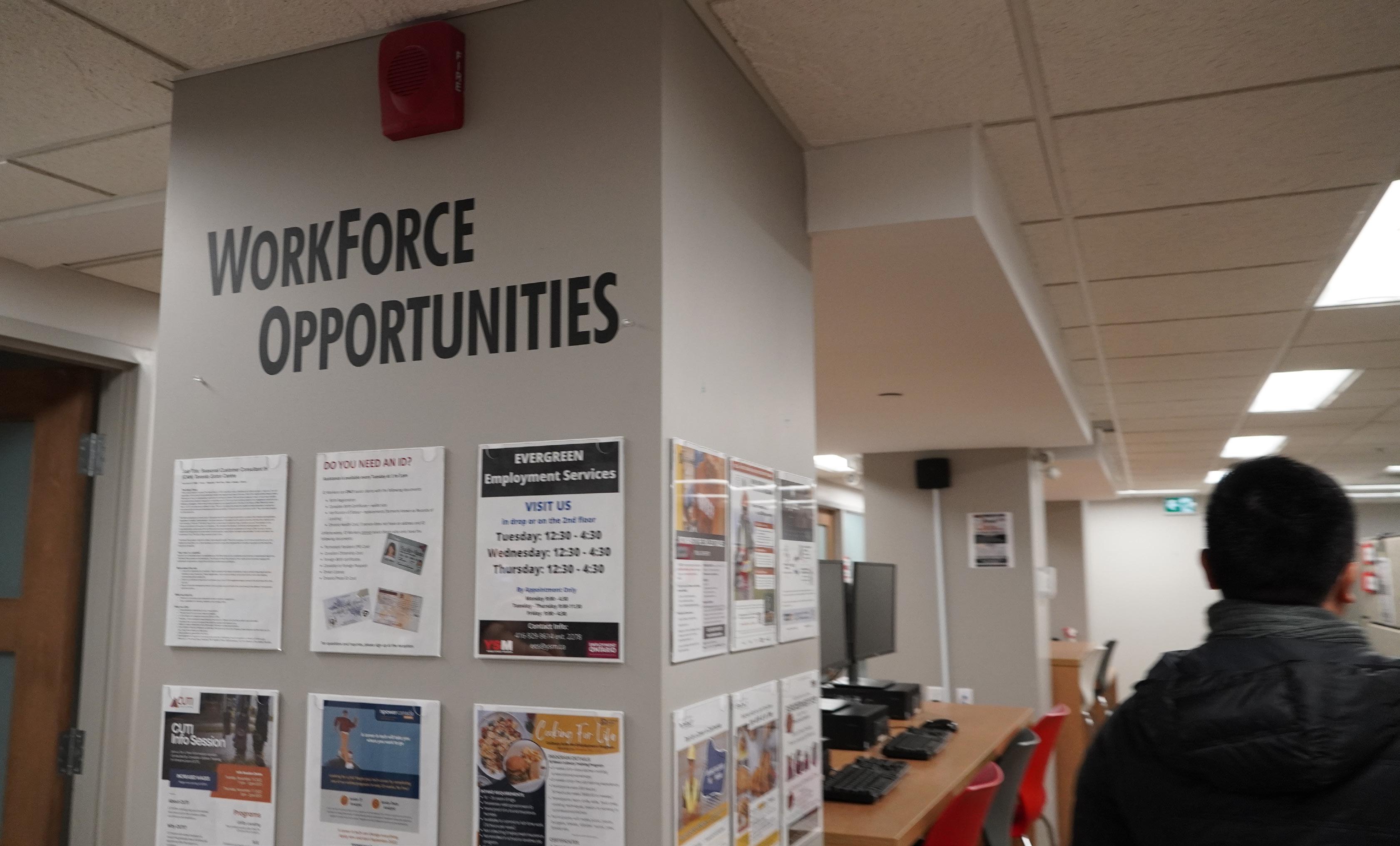













Apicture may be worth a thousand words, but if we only flick it away on our phone simply to view the next thousand ‘words’, those ‘words’ have all simply disappeared into thin air.
For the past two years, Across the Lens has been sharing stories that look closely at young people’s lives. We give stories the attention they deserve by publishing an arm’s length away from the pace of social media platforms.
It is a space where readers like you and I can put our sometimes frantic minds to rest, and
allow our hearts to tread a single path for the few minutes it takes to read a story.
There is no denying the power of social media, but that is only one mode of media with its unique strengths and limitations. With written words in longer format, we invite our readers into a state of calm and contemplation; where minds and hearts may meet.

Thank you for your support of Across the Lens. We share stories of people who live life seriously, told through the thoughtful interpretations of young editors and writers. If you find wisdom in these pages, it is through your reading and engagement with their efforts.


PUBLISHER ACROSS U-HUB PUBLISHING SUPERVISOR NICOLE WONG ADVISORY BOARD MARIA YAU, NICOLE WONG EDITOR-IN-CHIEF SAMSON WONG
EDITORS
NANCY FOK, IVY LAM, SONIA LUI, STEPHANIE MAK, ERIN WONG TRANSLATOR IVY LAM DESIGNERS NICOLE WONG, TIFFANY ORE
The views, information and opinions expressed are those of the individuals and sponsors involved and do not represent the official views or opinions of Across U-hub.






“He has made everything beautiful in its time ”



Jason Lun was in Form 3, equivalent of Grade 9, when he left Hong Kong to study at a boarding school in a small southern Ontario town. Away from the places and people that nurtured him since childhood, who will he become? What, or who, will guide him in the days ahead?


The quiet town was nothing like the neighbourhood where Jason grew up in – it was a town with a much slower pace, different foods, and no places to go after school.
Academically, Jason’s language skills caused him to struggle in many subjects. It was a difficult time for Jason. Knowing the high tuition that his parents had paid for his international student status, Jason struggled to live up to his parents’ expectations, which added pressure to his academic struggles.

In his second year in Canada, Jason moved in with his relatives in another small town, and entered another school with mostly Caucasian students.

To overcome the bullying and discrimination he faced, Jason forced himself to fit in with their culture.
“I copied their accent and their taste in entertainment. I forced myself to become a CBC”, Jason expressed, “but lost my identity”.
The friends he made eventually were not the kinds of friends he needed, and he never felt he really belonged at school. Every afternoon, he went home sitting alone on the school bus. There was no one he felt he could talk to, not even his parents.
Looking back, Jason reflected, “It was a suffering, but the blessing was improving my English and gaining an appreciation of the local culture, which was helpful for my later studies and work”.
During Grade 12, a cousin invited him to a youth organization where she herself volunteered for. He first participated to gain volunteer hours, but soon found himself feeling at home.

“There were people who spoke my language. It was very comfortable to express myself and to practice my own culture”.
Through the volunteering, Jason discovered his strengths and interests. But more importantly, he found people whom he considers as friends and mentors.
Inspired and guided by ‘older brothers and sisters’, Jason not only learnt new skills, but also saw how a Chinese person in Canada can lead a meaningful and rooted life.

If not university, then what?

Jason was well aware of his parents’ hopes for him to enter university, but the typical professional paths favoured by Chinese did not interest him. He was not sure what he wanted to study, but was interested in the practical training offered in colleges.

For youths whose interests and aptitudes that do not align with parental expectations, the misalignment can be a dreadful question, especially for youths like Jason who rarely had a proper conversation with his parents.

His parents were confused and disappointed. In the end, it was an uncle from Hong Kong who had a constructive conversation with him, and recommended to him a path in hospitality.
Over the next two years, Jason eagerly studied and exposed himself to every facet of hotel operation, feeding his inclination to see and understand the pieces that make up a bigger picture.
After graduation and a period of temporary work, Jason was recommended by a supportive supervisor to work as an event planner at a resort two hours north of Toronto.


With encouragements and support from his friends and mentors, Jason accepted the offer, and again moved to a small town to begin afresh in a new environment. A successful path that is temporary
“During the first three months, I hid in bed everyday after work to cry”.
Jason was the new kid in town and in the company; feeling solitary amidst a community of non-Asians. Away from his friends, neighbourhood and culture, Jason was again facing his difficulties alone.
The work was difficult indeed, but in order to fulfill his immigration requirement, Jason persevered. With support from supervisors, Jason’s work slowly improved.

He also built a good relationship with his colleagues and a sense of belonging in the


community. Jason even spent time to support international students living in the area.
In around three years, Jason was promoted several times until he became an interim Manager in the Marketing Department.
But not long after, he made another decision that confused friends and family - leaving his career to pursue his dream of becoming a youth worker.


Jason had wanted to become a youth worker ever since his volunteering and his participation at church - perhaps to give back in the way he had been supported. After much soul searching, he made the decision despite his family’s criticism and disappointment.

Jason first spent a year volunteering in Toronto, Hong Kong, and in a project in post-earthquake Sichuan. After refining his vision, he returned to Toronto to study Human Services for three years, and another year in Social Work. Unlike his previous studies, Jason was focused and determined, achieving the Dean’s list twice.
Currently, Jason works at Yonge Street Mission helping youths to develop their careers. With his wide experience, he also supports other teams with service improvements that contribute to the bigger picture of the organization.

So, what did his family think about this career change?

By the time Jason decided to change his career, he had been away from his parents for almost ten years. His parents never confronted

him on this decision, but Jason could sense the disapproval from their facial expressions, body languages, and the discreet conversations among relatives.
Jason’s uncle was again the “representative” to express his parents’ concern. With a question mark hanging in the air, his parents provided financial support during his career change, but they were not happy about the idea.

“Over the years, we never sat down to have a good talk about my experience or my path. I wouldn’t know how to start. I have been taking care of myself all these years”.
Unable to convince them, Jason poured his heart into his studies and worked to demonstrate his seriousness.
Looking back, Jason feels that it is unfortunate that he and his parents never really talked. It is something that he is slowly mending, proactively calling and speaking with his parents and relatives about his work in recent years.
It is not easy being a visa student or leaving behind the school and neighbourhoods where one grew up in, and to be separated from friends

and family who have defined one’s identity and role in life.


In Canada, we are surrounded by past and current visa students. The practice of sending youths and even children overseas for better education continues to be a trend around the world. What is the give and take of such a decision? For those who have been down this road, what support can be given to those still struggling?
Jason was able to rebuild an identity and slowly built up his place in the Canadian society. But it could have gone quite differently and he does not take it for granted, “It is a blessing to have been part of a community that supported me”.

Having attended a very westerned elementary school with many Caucasians myself, I found Jason’s experience in school to be interesting. I also tried to fit in with everyone else, and there were times when I found my culture to be embarrassing because I was so used to being in a Western culture.
Similar to Jason, I don’t really know what my skills are as well as how to improve myself, so I think being a part of a mentorship in the future would be beneficial.
Finally, I too feel that it is difficult to communicate within the family, especially when you are young and do not want adults interfering with your decisions

Erin conducted the background research of Jason’s story as a summer intern, and provided her reflections of the interview.




BACK TO SCHOOL, BUT NOT BACK TO NORMAL
BACK TO SCHOOL, BUT NOT BACK TO NORMAL
Since March 2020, the high school students experienced a mixture of learning styles –virtual, hybrid, and in-person learning, due to school closures in Ontario. It’s been three months since students returned to school. Is everything ‘normal’ again? Two high school students shared their experiences of the past couple years and described what it is like being back in school.
Making friends and joining school activities


Bernice, a grade 11 newcomer, joined summer school virtually, but found it quite hard to get to know others online. She felt excited to finally be back in a school environment, and described that “learning has gotten more fun, my science teacher set up games for students to collaborate”.
It was a long time since she met anyone new. “Being at school was a bit awkward in the

beginning, and I am not an outgoing person. But I stepped out my comfort zone and talked with others proactively. I now have some new friends at school,” Bernice said.

Being back at school also meant in-person activities. She was thrilled to join different clubs including the choir, debate team and school newspaper team.
About her choir experience, Bernice participated in the choir during the pandemic, but at that time, she found the experience was quite unsatisfying. “I was told to record something at home, and then someone would combine it together into a video, but there isn’t the feeling of people singing next to you.” When her choir began practices in person, Bernice began to fully cherish singing with her schoolmates.
Some social distance measures remained

Although the students enjoyed meeting peers in

person again, some social distancing measures continued to be implemented in school, which affected student life. Jasper, also a grade 11 student, explained that while social distancing measures still applied, it was up to individual students to adopt them.

For example, students were given the choice to wear a mask and to use hand-sanitizer. Some chose to adopt these behaviours and others did not. “I am a more conscious person and I prefer staying away from those who are not wearing masks,” said Jasper.

Within the classroom, in order to maintain distance, discussions were mostly held as a large class and not in small groups. As someone who was more comfortable being in small groups, Jasper found it difficult to voice out his ideas or express himself.



Furthermore, both Jasper and Bernice shared that they felt stressed from the heavy school work and exams. They found that there were less exams in virtual learning as students completed all tasks at their own pace. Being back in the classroom meant that exams can again be conducted.
When they studied remotely, students developed their own study habit for virtual learning. Being back physically at school meant that they need to readjust to in-person learning. For Bernice, virtual learning compelled her to get offline and study after class. However, she shared that after spending a whole day in school, when she returns home, she chooses to relax in front of a computer instead of studying.

For Jasper, dealing with school pressure was a matter of following a schedule he could handle, “I have to pace myself very evenly. Take some breaks, drink some water, eat some food, then get back to work”.
Empathizing with the students’ experience


For readers like myself who have graduated high school over a decade ago, it may take some effort to step into the shoes of students like Bernice and Jasper. Perhaps, by first reflecting on our own challenges in workplace transitions, we can better appreciate the adjustments students are facing.
While we may be compelled to encourage students to persevere, such encouragements would be more heartfelt if we can take the time to listen to how they are doing, and even share the challenges we face in our own context.
The world is changing every day and no one knows what the next ‘normal’ school or work life will be. If different generations can walk together and be more understanding to each others’ difficulties, we will have built a stronger community as a result of the pandemic.

























This month, we celebrate the two-year anniversary of our “ Across the Lens ” online magazine. While two years may not be an extraordinary milestone in the publications industry, we believe this is a significant and important milestone in our magazine’s journey. Our contributors are young people in the community – not professional editors, writers, designers, and promoters. Although they may not have formal training or experience in publishing, they lovingly treat each article with care and respect. They are driven by our common goal of sharing stories that reflect the everyday lives and

experiences of immigrant families. I applaud their achievement and look forward to the next stage of the magazine’s development.

In this issue, we interviewed two Chinese students to find out what worried them the most being back at school. They, like most of the general population, were concerned about staying safe and protecting themselves in crowded spaces. In addition, they were most concerned about how much they were falling behind in their studies. This sentiment reflects the traditional Chinese values ingrained in the minds of young people. We also discuss intergenerational communication through the lens of Jason, a young professional who works as a social worker helping young people find their careers. Jason originally arrived in Canada as a Grade 9 visa student. He arrived alone, lived in a rural community, and was bullied at school. With no friends or places to go after school, Jason quickly lost his identity and had little to no hope for the future. While he knew his parents were loving, caring, and willing to help, the reality was that they could not help because they lived in a different country and experienced different cultures and values. Jason’s story reminds me that not only does communication between generations needs to be a two-way dialogue, but

also needs to consider different contexts and situations.

I’m inspired by stories like these because they help me to learn more about myself. I hope you will also find highlights that you cherish.


